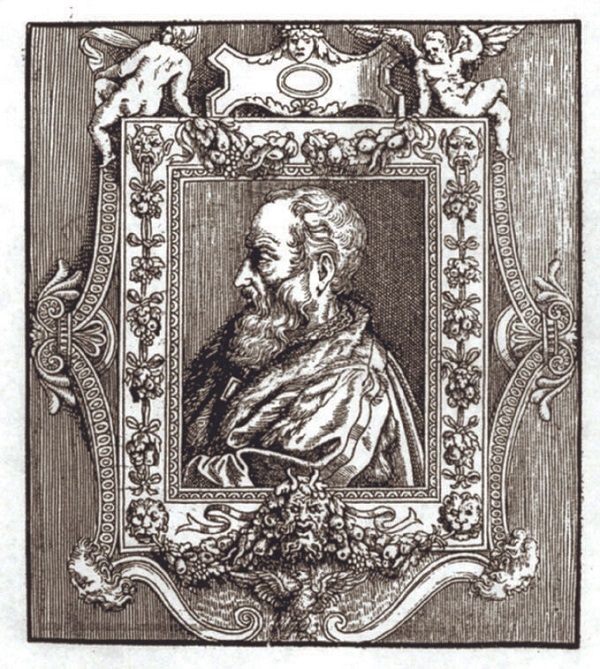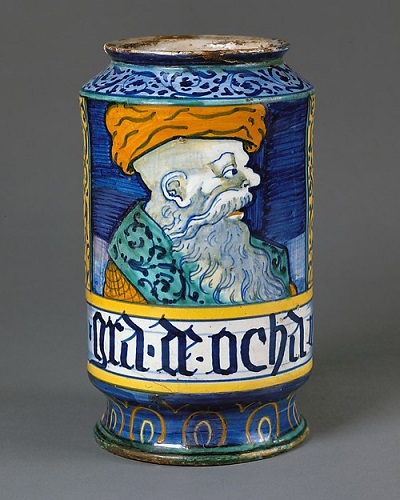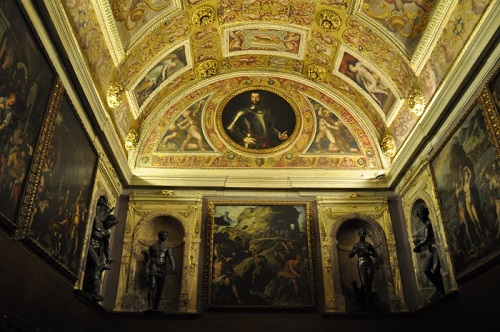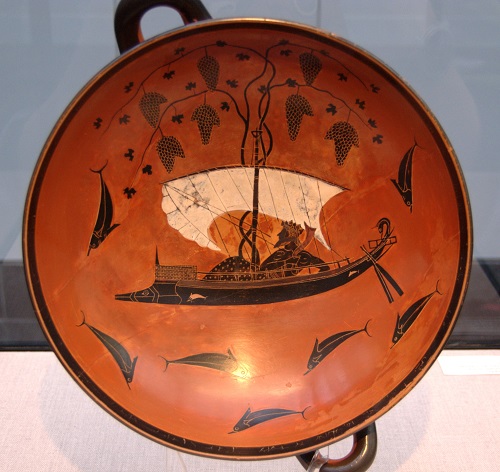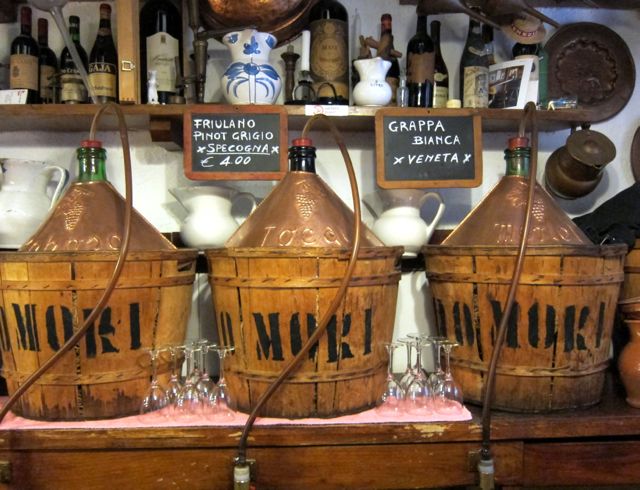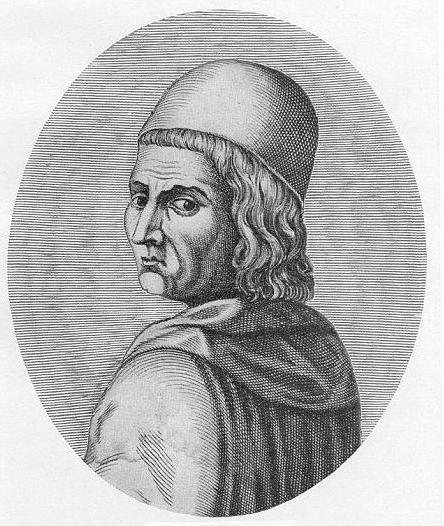
The importance and the ambition of the Neoplatonic Academy are still not fully understood. Founded in Villa Medici Careggi in 1459, on the initiative of Cosimo de’ Medici, its purpose was to study the great traditions of thinking and spirituality – Judaism and the Kabbalah, Christianity, Platonic and Plotinic philosophy, Pythagoras, Orphism, Hermes Trismegistos and other great sources of antiquity – in order to attain “theological peace”. This field of esoteric study and research exalted the subject of personal freedom in the image of God, as eloquently expressed by Pico della Mirandola in his Oration on the Dignity of Man:
“We have given you, O Adam, no visage proper to yourself, nor endowment properly your own, in order that whatever place, whatever form, whatever gifts you may, with premeditation, select, these same you may have and possess through your own judgement and decision, The nature of all other creatures is defined and restricted within laws which We have laid down; you, by contrast, impeded by no such restrictions, may by your own free will, to whose custody We have assigned you, trace for yourself the lineaments of your own nature. I have placed you at the very centre of the world, so that from that vantage point you may with greater ease glace round about you on all that the world contains. We have made you a creature of neither heaven nor of earth, neither mortal nor immortal, in order that you may, as the free and proud shaper of your own being, fashion yourself in the form you may prefer. It will be in your power to descend to the lower-brutish forms of life; you will be able, through your own decision, to rise again to the superior orders whose life is divine.”
Another extraordinary aspect of the Academy was its rapport with political power, first Cosimo, then with Lozenzo the Magnificent. After the latter’s death in 1492 and the Academy’s move to the Oricellai gardens, their political relations continued with the republicans and the anti-Medicians, not to mention Niccolò Machiavelli, among others. It went so far that the implication of some academicians in the conspiracy against Cardinal Giulio de’ Medici in 1523 forced the institution to close.
It was exactly this rapport with the powerful that made the ambitions of Florentine Neoplatonism pragmatic, to such an extent that Pico della Mirandola turned up in Rome to try to convince the papacy of an ecumenical theological vision in which Christianity should appear as the apogee of other traditions – Greek, Jewish and even Islamic – which had always been in communication thanks to common truths to which only initiates held the secrets.
Inevitably the Academy’s ideas on beauty influenced the arts, by virtue of Leonardo, Botticelli, Signorelli, Perugino and the Pollaiola brothers (to name but a few), because, for Marsilio Fucino, it was through the creative power of the imagination that the condition of humanity is revealed. Even the poetry of Lorenzo the Magnificent was motivated, like the works of Ange Politien, by the principles of affirmation of the will and the need to “seize the day”, while studies on perspective by Leon Battista Alberti were also driven by the quest for the “third dimension”. an “in-depth approach” typical of Neoplatonic man.
The proportion of forms and the value of numbers, not only symbolic but revealing hidden truths – research similar to the Kabbalistic quest – constituted one of the esoteric itineraries of Florentine Neoplatonism, as an individual discipline to access a body of knowledge which, in a state of permanent tension between good and evil, vice and virtue, reason and obscurity, followed the absolute of True Ideas or Eternal Truths.
Among the vast fields that the academicians researched can even be found one of the earliest gastronomic treatises, a work by Bartolomeo Sacchi (see a previous blog) On Honourable Pleasure and Health. Published in 1474, the work not only included recipes, but also prescribed physical exercise and a suitable diet, while praising regional food. (Interestingly, this book was republished by Éditions Einaudi, as a pioneer of slow food and the recommendation to eat local produce.)
Lorenzo the Magnificent, as the supporter of Neoplatonism, supported Marsilio Fincio to translate the Corpus Hermeticum from Greek into Latin (published in Florence in 1471) as well as such other works as the Chaldean Oracles and Orphic Hymns. Pico della Mirandola, who had dedicated himself entirely to the Christianisation of the Jewish Kabbalah, was only saved from accusations of heresy by Lorenzo’s intervention. Lorenzo argued that numerous monastic orders within Europe had engaged in the study of magic and astrology and that Pico della Mirandola’a motivations had been purely scholarly.Perhaps in fear of Lorenzo’s power at the time, the Church accepted this defence and the matter came to an end.
(Adapted in part from Secret Florence by Niccolò Rinaldi)

